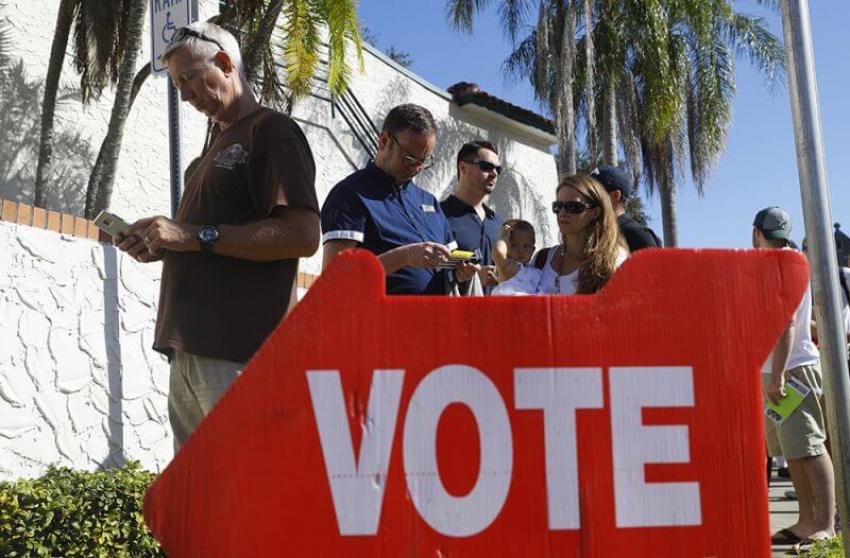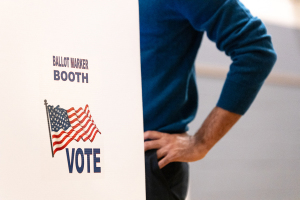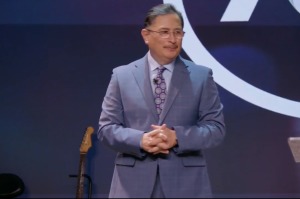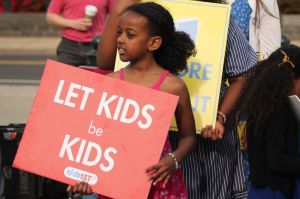Democrat voters who identify as Christian has plummeted since 2008: Pew

The percentage of Democrat and Democrat-leaning voters who identify as Christian has sharply declined since 2008, according to a new report by the Pew Research Center.
A report by Pew published in its U.S. Politics & Policy section found that while 73% of Democrat voters were Christian in 2008, by 2019 the percentage had dropped to 52%.
The large decline came for the subset of white Christians, who went from 45% of Democrat voters to 26%; nonwhite Christians had a smaller decline of 28% to 25% during the same time period.
Republican and Republican-leaning voters also saw a drop in self-identified Christians during that time period, going from 87% in 2008 to 79% in 2019.
With Republicans, the white Christian subset fell from 77% in 2008 to 66%, though the nonwhite Christian percentage increased during the same time period from 10% to 14%.
The 52% of self-identified Christians among Democrat voters puts them well below the overall registered voter average of 64% Christian, itself a decline from the 79% reported in 2008.
“The U.S. religious landscape has undergone profound changes in recent years, with the share of Christians in the population continuing to decline,” stated Pew. “These shifts are reflected in the composition of the partisan coalitions.”
“The share of Democratic voters who are religiously unaffiliated has approximately doubled over this period (from 18% to 38%).”
The Pew report drew from an analysis of surveys conducted with approximately 360,000 registered voters over the past quarter century, including over 12,000 in 2018 and 2019.
The report also found strong religious divides among the two major parties. For example, 78% of white evangelicals identified as Republican or Republican-leaning, versus 17% who identified as Democrat or Democrat-leaning.
On the opposite trend were Hispanic Catholics, of which 68% identified as Democrat or Democrat-leaning, while 27% identified as Republican or Republican-leaning.
Republicans also had more support among those who frequently attend religious services, while Democrats had more support among the religiously unaffiliated, according to Pew.
Over the past several years, much has been made about the growing gap regarding religious views between the two major parties, with some saying that Democrats have a “God problem.”
Last July, Pew released a report that found only 38% of Democrats viewed the impact of churches on the culture as positive, a 19-point drop from 2010.
By contrast, the same 2019 report found that 68% of Republicans viewed the impact of churches on the culture as positive, a 6-point drop from 2010.
“Democrats are now evenly divided in these attitudes (38% positive, 40% negative),” wrote Carroll Doherty and Jocelyn Kiley of Pew in 2019.
“In five previous Pew Research Center surveys over the past decade, significantly more Democrats viewed the impact of religious organizations positively than negatively.”



























